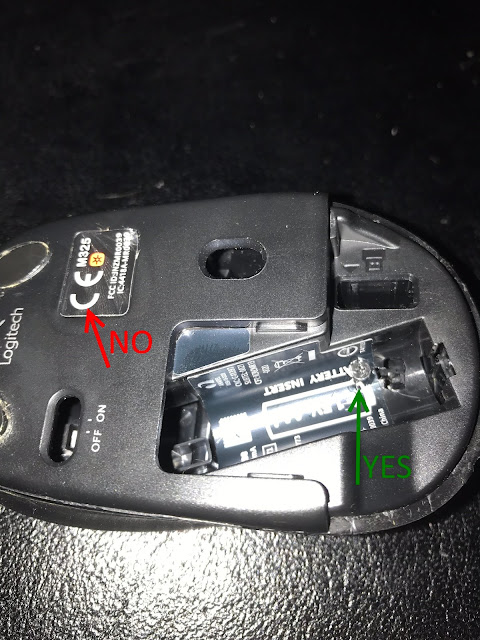Question
:
I believe this is another easy one for you LINQ masters out there. Is there any way I can separe a List into several separate lists of SomeObject, using the item index as the delimiter of each split?
Let me exemplify: I have a List and I need a List<List> or List[], so that each of these resulting lists will contain a group of 3 items of the original list (sequentially).
eg.: Original List: [a, g, e, w, p, s, q, f, x, y, i, m, c]
Resulting lists: [a, g, e], [w, p, s], [q, f, x], [y, i, m], [c]
I'd also need the resulting lists size to be a parameter of this function.
Is it possible??
Answer
:
completely lazy: works on infinite enumerables
no intermediate copying/buffering
O(n) execution time
works also when child sequences are only partially consumed
public static IEnumerable Chunks(this IEnumerable enumerable,
int chunkSize)
{
if (chunkSize < 1) throw new ArgumentException("chunkSize must be positive");
using (var e = enumerable.GetEnumerator())
while (e.MoveNext())
{
var remaining = chunkSize; // elements remaining in the current chunk
var innerMoveNext = new Func(() => --remaining > 0 && e.MoveNext());
yield return e.GetChunk(innerMoveNext);
while (innerMoveNext()) {/* discard elements skipped by inner iterator */}
}
}
private static IEnumerable GetChunk(this IEnumerator e,
Func innerMoveNext)
{
do yield return e.Current;
while (innerMoveNext());
}
Example Usage
var src = new [] {1, 2, 3, 4, 5, 6};
var c3 = src.Chunks(3); // {{1, 2, 3}, {4, 5, 6}};
var c4 = src.Chunks(4); // {{1, 2, 3, 4}, {5, 6}};
var sum = c3.Select(c => c.Sum()); // {6, 15}
var count = c3.Count(); // 2
var take2 = c3.Select(c => c.Take(2)); // {{1, 2}, {4, 5}}
Explanations
The code works by nesting two yield based iterators.
The outer iterator must keep track of how many elements have been effectively consumed by the inner (chunk) iterator. This is done by a closing over remaining with innerMoveNext(). Unconsumed elements of a chunk are discarded before the next chunk is yielded by the outer iterator. This is necessary because otherwise you get inconsistent results, when the inner enumerables are not (completely) consumed (e.g. c3.Count() would return 6).
stackoverflow.com/q/419019#20953521



No comments:
Post a Comment